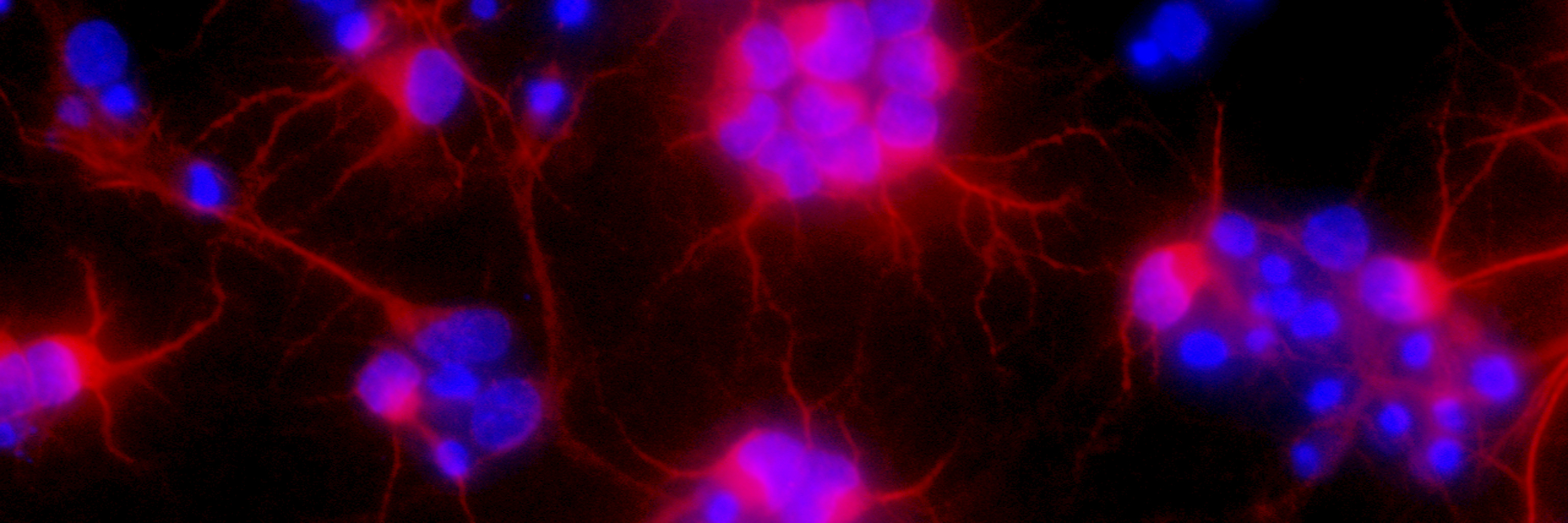When pursuing this dimension of neuroscience, you work on translating research discoveries into clinical applications, helping develop new therapies to treat degenerative, developmental, psychiatric, and other disorders. This dimension of neuroscience focuses on the translation of research discoveries into clinically relevant applications and the development of new diagnostic methods and treatments for disorders. Practitioners test new treatments and drugs in the effort to improve patient outcomes. Trainees learn how to translate research somewhere along a continuum from the laboratory bench to the human bedside to widespread adoption in clinical practice. They also use clinical practice to inform basic laboratory science. Clinical neuroscientists in various specialties (psychiatry, neurosurgery, radiology, and others) identify mechanisms of neuropathology and develop therapeutic approaches to provide care to patients. They consider how basic neuroscience findings relate to disease states, test theories about disease progression, and develop strategies for treatment.

 The College of Arts
The College of Arts